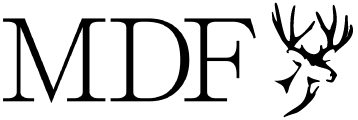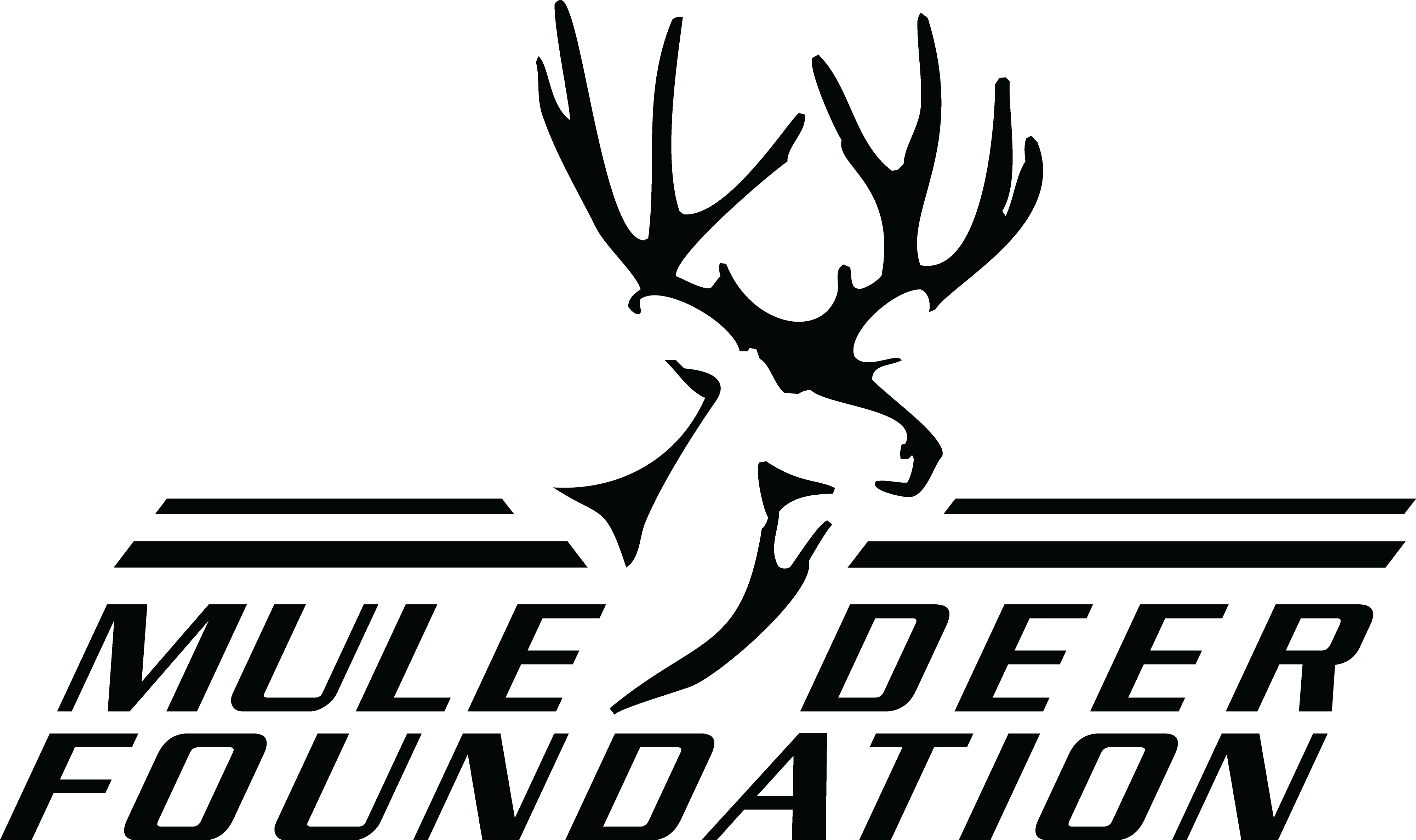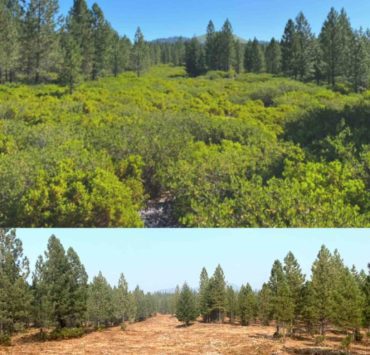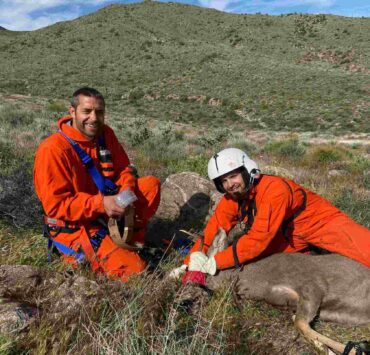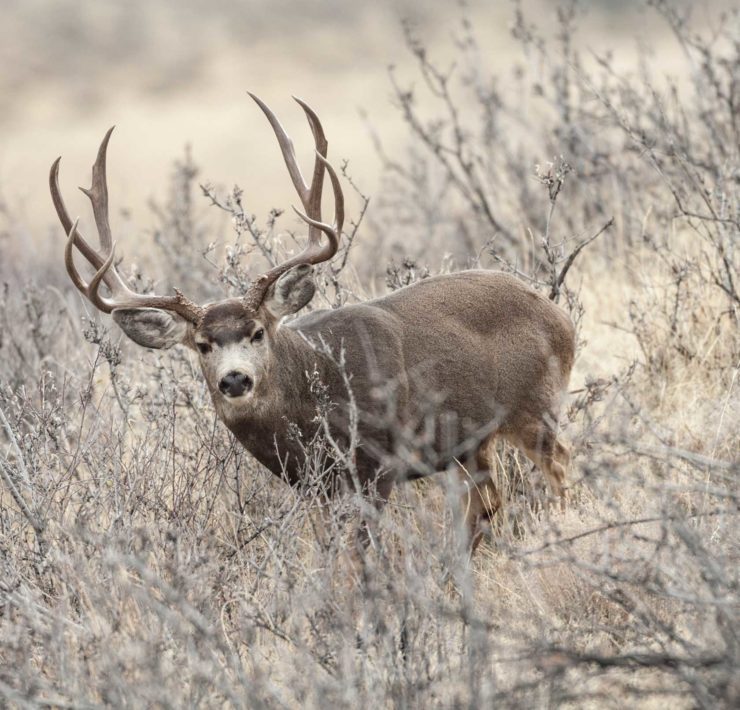What Does It Take To Become A Mentor?
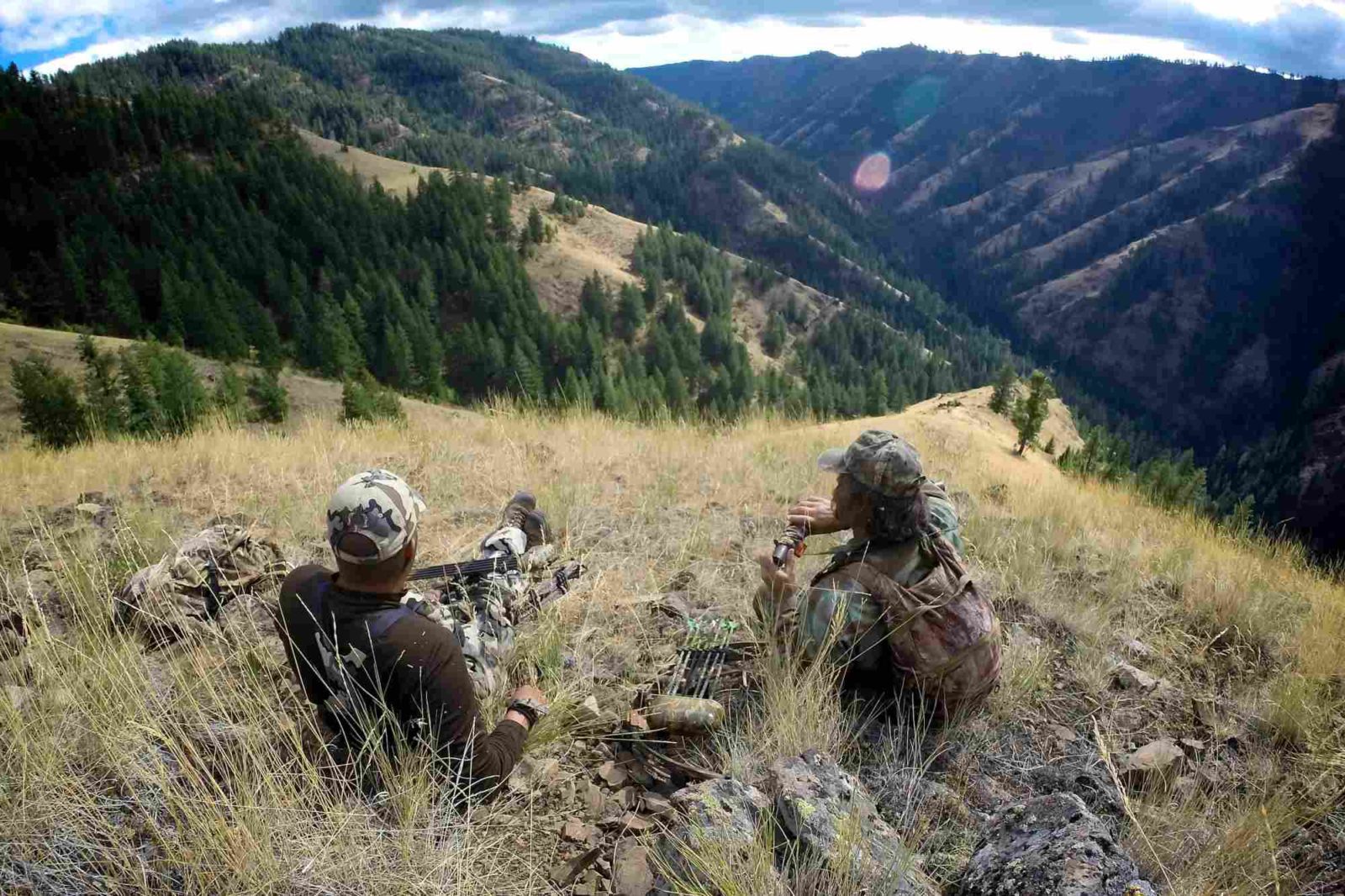
Before the inky black of night eroded, brushed causally aside by the rise of the sun in the east, the white gleam of headlamps reflected off ice crystals draped delicately upon the once dewy upper reaches of switchgrass and red osier. The boat, adorned with the remnants of green paint and a once detailed camouflage pattern showed the patina of hunts long since passed, laden with bags of decoys, shotguns, and hand-woven mats of swamp grass. As the boat reached the swiftly moving water, it slowly drifted free of the trailer, the bow swinging to shore with the quick flick of a wrist on the lead line. Soon after, a final click of a door lock seemed to hang in the thick air. An idea that was once theoretical, was now material, first mentioned over a casual beer following a softball game at a local ball field complex.
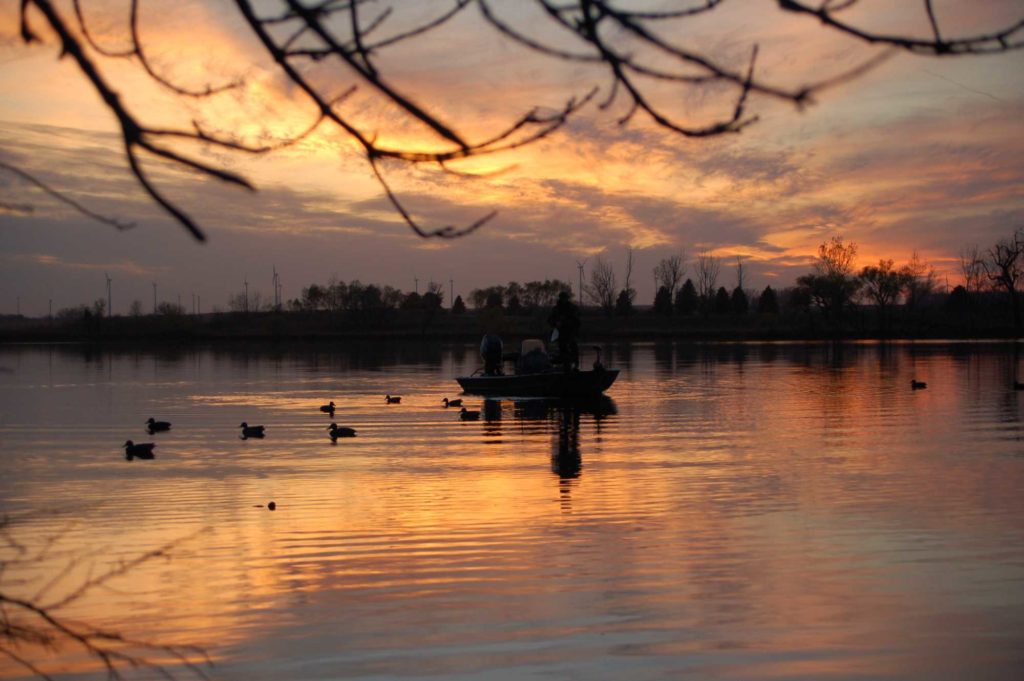
“You know, my dad took me hunting a couple times when I was a kid, but since he passed, I haven’t had any opportunities”.
An idea was born. Quickly, and devoid any real plan, an offer was extended to hop in the boat and accompany me on an upcoming opening weekend hunt in one of my usual haunts. Soon enough, plans were hatched, and two 20-somethings committed to a new journey. I don’t recall it being called being a mentor then, if such language was even a part of the common lexicon, I wasn’t aware. It was simply an offer to share an experience. Quite simply, it was two friends who enjoyed otherwise spending time together, finding a new avenue to share a relationship.
To this day, I can’t recall how many ducks we saw that day. I vaguely recall a morning full of more talking, than calling, and firing a round or two at a quickly passing flock of wood ducks. Some things you’ll never forget though. The tightly bunched, family group of wood ducks, quickly approached from the downstream side, the quick flip of wings as they saw something out of place, and the blast that echoed among the thick walls of cottonwood trees will forever be punctuated by the gentle fold of wings and splash that followed. My trusted black lab Kodiak, deftly launched from the low bank along the swift current and arced towards the slow-moving water where the lifeless drake wood duck was now at rest. The smell of burnt powder, and the excitement of my new companion were the two things that will never fade in my memory.
I can’t say that nearly twenty years later, that my friend is still hunting. I wish I could. My friend spent a couple seasons accompanying me on various excursions, from the acrid swamps of the prairie pothole region chasing puddle ducks, to dense stands of alder and quaking aspens in pursuit of grouse. Always enjoying the experience, my friend never quite fully grasped the enormity or dedicated time allotted to my pursuit. For those who are not raised hunting every waking moment, have little knowledge about the importance of the timing of seasons or the changing movements of animals as the golden days of summer, slowly slip away. The biggest factor that I failed to grasp at the time, was how important that being there to teach, was much more powerful than being there for the shot.
Truth be told, being a mentor to others has been a mixed bag experience for me. Some of the people I’ve introduced (or reintroduced) have picked up the ball and ran with it, evolving into a passion that cannot be quenched. For others, as we moved to other locales slowly losing touch, they fell away without the strong support system that had brought them into the fold in the first place.
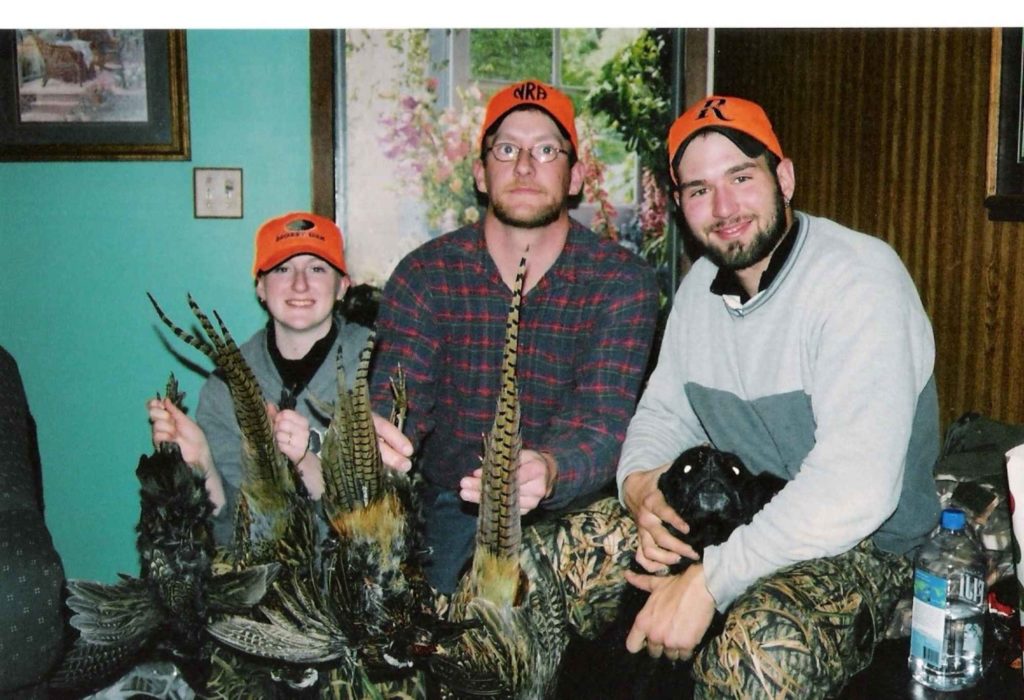
Since then, I’ve spent a lot of time learning, not just about what it takes to involve new people, but even more so about myself, every year working towards a more complete awareness of all the factors that empower someone to intentionally take the life of an animal and find it a passion that they will continue for the remainder of their lives. I never set out to become a mentor, it just happened.
You simply need to be there for the questions; queries about the importance of camo patterns, or dietary changes of seasonal progressions. When you don’t know the answers, ask those in your community to help fill the holes for your new community members. Take a moment to offer your number, when someone expresses concerns about how to actually pack a harvested animal off of the mountain. Offer good advice when the nuance of tag application, overwhelms the senses of a new hunter.
The reality is, you don’t need to be the greatest hunter, with best equipment and perfect hunting spots to be a mentor. You don’t need specialized training, nor be the most experienced teacher in the field on any given day. The only thing you really need, is a positive attitude, and supportive nature. After all, hunting is so much more than just the kill. The flicker of Aurora Borealis in an inky black sky, the brackish smell of a wetland filled with ducks, the sound of an elk bugling on a distant meadow, or the sense of companionship that comes from a hot meal shared with people you care about after a long day are the threads that define our experience.
Fortunately, you are not alone. The fact that you are reading this magazine, is proof positive, that you belong to something much greater than yourself. A kinship and unspoken bond among peers. You belong to a dedicated community, passionate about far more than just the harvest. Take a moment to think about those people that show interest in what you do. Bring them along to your next banquet and let them revel in the overwhelming sense of community that it provides. Invite them to share a cup of campfire coffee the next time you head out to scout. You might be surprised to find out that it’s a wholly satisfying experience, and that passing it on to others is more important than punching your tag.

